Many organisations migrate to cloud solutions like Microsoft Office 365 and SharePoint to reduce the cost of running on premise IT systems and servers.
Cloud services slash the total cost of ownership, in some cases by as much as 50%, and the productivity and collaboration benefits of a digital workplace also have a positive impact on the bottom line.
You may have read articles about how one of the ways cloud services reduce IT costs is by negating the need for IT support. While it’s true that the costly maintenance of on premise IT infrastructure, upgrades, monitoring and patching is effectively wiped out; to protect and maximise your investment in cloud technology, cloud IT support should still be considered.
Is cloud support from technology companies enough?
Cloud technology companies like Microsoft are responsible for upgrading and maintaining the core technology. Most also offer free basic user support as part of your subscription in the form of knowledge banks, community forums and self-serve options: for example, the Office 365 Online Portal.
If you have reasonable levels of IT literacy within your organisation, 1st line support tickets such as a forgotten password or username can be dramatically reduced. Staff should be able to access the right information to reset passwords for themselves or find their username. However, this cloud support is limited, and if a ticket needs to be logged the response time can be slow. To maintain high productivity levels within your workplace you’ll probably still need some provision for 1st line support whether in-house or via a service desk provider.
Technical support is generally not included in subscription plans. 2nd and 3rd line support for issues that require more specialist skills can be purchased for different cloud products from the technology company. However, check that the SLA is aligned with your business needs. Generally, you might expect a response within one hour critical tickets. For high or non-critical tickets you may find that some plans give no response commitment.
Microsoft define event severity levels as:
- Critical – events that prevent you from accessing or using your services or data, severely impact deadlines or profitability, or affect multiple users or services.
- High – events that affect the productivity of users but have moderate business impact, can be dealt with during business hours, or affect a single user, customer, or service.
- Non-critical – events that have minimal service or productivity impact on the business, such as a single user experiencing partial disruption, but an acceptable workaround exists.
Whether this is the best option for your organisation will depend on the volume of tickets you might expect, the skills and capacity you have internally to resolve technical incidents, and the impact of event severity levels on your business.
These plans are very much off-the-shelf support packages and therefore are not always aligned with your business needs and objectives. Also consider whether you may need onsite support on occasion and whether that’s an option. If not, the cost of on demand call outs from a technician should be factored in.
Get cloud support from a certified Microsoft Partner
If you don’t have capacity or the technical skills internally to provide cloud support, an alternative is to get support from a certified Microsoft Partner (or other cloud technology partner). The advantage is that you will not only get access to product-specific cloud support but will also receive a more personalised approach. SLAs can be determined based on your business needs, and the cloud support provider will invest more time and energy understanding how they can help you maximise your investment in the cloud.
You can also expect guidance on your overall support strategy to ensure that you’re getting all the productivity, collaboration and financial benefits that were part of your decision to migrate to the cloud in the first place.
A good cloud support provider becomes an extension of your team, enhancing the IT skills your organisation already has, picking up the slack and freeing up your time to focus on core activities. We believe firmly that outsourcing to a managed support provider should not be a transactional relationship, more value can be obtained if a partnership approach is embraced by all parties.
It’s still cheaper with the cloud
Paying for cloud support will not cancel out all the cost savings digital transformation provides. Tech companies carry a significant proportion of costs by maintaining the technology. Basic support will reduce ticket volumes for common issues that can be resolved by end users, and therefore your internal IT team may be able to handle 1st line support without it being a drain on resources.
Technical support becomes a way of maximising your investment in cloud technology; not only minimising downtime but also enabling your organisation to work smarter and reap the benefits of cloud migration.
While the cloud is more cost effective compared to on premise solutions, you still need to protect your investment, so make sure you factor in cloud support whether in-house or from an external provider.
Any questions? Contact our team directly to discuss any of the topics raised in this post.







